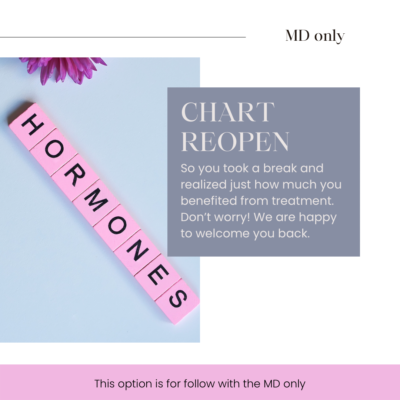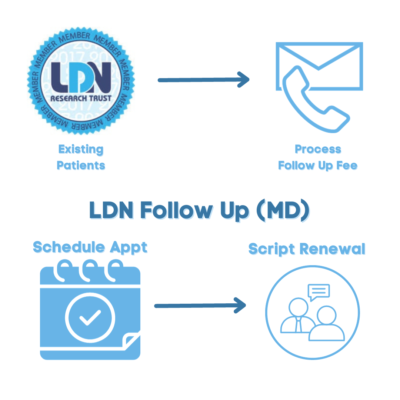Progesterone might not be the hormone that gets you pregnant…it’s definitely the one that helps you STAY pregnant. Especially for women with PCOS, where miscarriage rates can be as high as 50%—yes, fifty!
If you’ve got a confirmed pregnancy and a diagnosis of PCOS, progesterone should be your BFF for at least the first trimester. It’s what keeps our endometrium in place—without it, things can go sideways fast. In the 2nd trimester your placenta makes enough progesterone so you won’t need to continue taking it, unless you want to. It’s safe and for some women it’s peace of mind.
Metformin is another that many women with PCOS are taking, my suggestion is DON”T STOP. Not only does it lower miscarriage risk, it also plays a role in reducing your chances of getting gestational diabetes (huge for PCOS pregnancies).
Here’s the scoop:
- Progesterone = supports early pregnancy
- Metformin = lowers miscarriage risk and helps prevent GD
- You CAN continue progesterone after the first trimester IF you want—it’s safe, but not mandatory.
I want to touch base on another important and often overlooked hormone—thyroid. When you’re pregnant your HCG rises (this happens in the 2nd trimester) which stimulates your thyroid. This is when may patients are told it is safe to “discontinue” their prescribed thyroid meds—but it doesn’t mean your body suddenly doesn’t need support.
Your GYN sees a suppressed TSH and thinks the best approach is to stop the thyroid supplementation. Sadly that is the worst advice, I have seen it time and time again. Women end up on the fastest track to miscarriage.
Stopping thyroid can also increase your risk of gestational diabetes—especially when we know that PCOS comes with a side of insulin resistance. We’re working hard to reset your hypothalamic set point in order to support you and your baby, don’t undo that progress.
Adjust if needed—but never stop! Your thyroid matters more than ever right now.
Pregnancy support with PCOS needs more than a positive test and a high five. It’s more than “we got you there”, it’s about how do we keep you there. You need a plan and that plan needs proper support. I’ve seen far to many women follow the advice they thought was correct only to lose a hard fought for pregnancy (because it was s medical professional so they should know, right?). Over the years when these steps were implemented, I noticed a much higher success rate within my practice.
If you’ve don’t advocate for this, who else will? Ask the questions, and don’t let someone tell you to stop important meds just because “the test was positive”.





